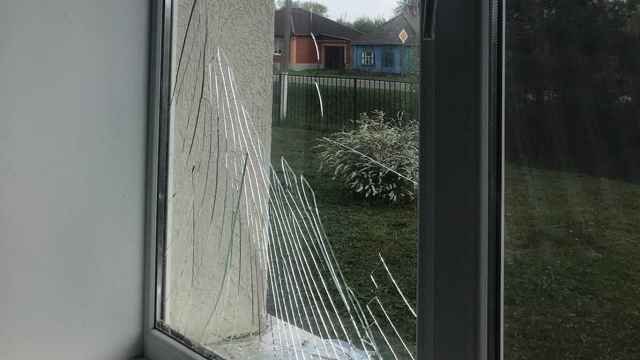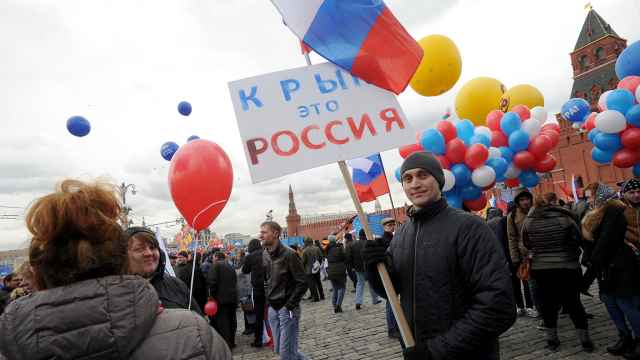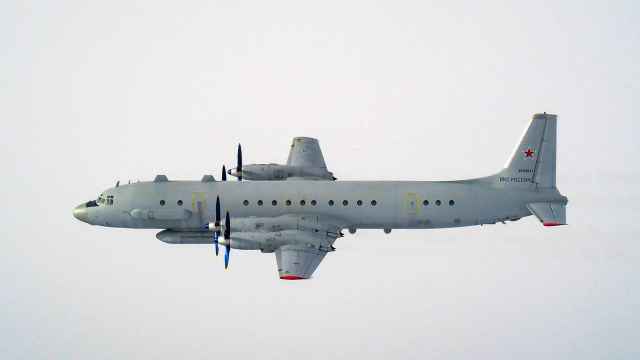Ferrero Group, the Italian family-owned chocolate giant, is launching production of Kinder Surprise at its factory in the Vladimir region this month and will introduce its first Russian-themed toys inside the chocolate eggs in January.
Ferrero, which opened the $275 million factory in 2008, decided to launch the Kinder Surprise line after the number of eggs sold soared 14 percent in June 2012 versus June 2011, outpacing overall confectionery market growth of 10 percent in the same period, the company said.
Russia is Ferrero's biggest market for Kinder Surprise in the world, it said.
Kinder eggs are currently imported from Italy and Poland, and the new production line will cover demand from Russia, Ukraine, Kazakhstan and Belarus.
"Local production will give us additional flexibility and will help us to offer more specialized and unique packaging to our consumers," Ferrero said in an e-mailed statement.
The Luxembourg-based private company, known for closely guarding information about its activities, did not provide specific sales or production figures.
Part of the uniqueness of local production will appear in January when Ferrero will start inserting figurines from "Masha and the Bear," the popular cartoon based on a Russian fairytale, in the Kinder eggs, the company said.
The figurines will join the more than 100 new toys that Ferrero offers every year in its Kinder eggs. The toys are developed from start to finish within Ferrero, a painstaking process that the company said takes three years.
Although the Kinder eggs are sold in 60 countries, they are banned in the United States over fears that the toys might pose a choking hazard to small children. The U.S. Customs and Border Protection agency seized 60,000 Kinder eggs last year, according to Canada's National Post newspaper. Fines for transporting Kinder eggs can vary from $300 to $2,500 per egg, although travelers carrying the eggs have been threatened with the fines rather than forced to pay them, according to various media reports.
Ferrero has challenged the U.S. ban, and Francesco Paolo Fulci, vice president of Ferrero International, praised the product's safety. Each toy contained in a Kinder egg must meet European toy safety regulations as well as international ones and the EU's general product safety regulations, he said, providing a list of the corresponding laws. "Rigorous respect for these standards is certified by eight different institutes from seven different countries, all recognized at the international level," he said in the statement.
But, he said, Ferrero goes further, imposing strict self-regulating codes with safety checks that go beyond the legal requirements. "Furthermore, each Kinder toy undergoes examination by a specialist ear, nose and throat doctor who advises on possible risks and recommends modifications when necessary," he said.
Even without the U.S. market, about 4 million Kinder eggs are eaten worldwide every day, and 33 billion have been sold since the product was first introduced in 1974, according to company figures.
In Russia, where Kinder eggs first went on sale in 1995, the treat has a brand awareness of 90 percent of the population aged 16 to 64, according to a Masmi Omnibus survey in 2011. A more targeted June survey among Russians who eat sweets found brand awareness at 100 percent, according to Ipsos Advertising Tracking.
Unsurprisingly, the popularity of Kinder Surprise has led to a wave of copycat products on the Russian market. But the brand name has also entered popular lexicon, with Sergei Kiriyenko acquiring the nickname "Kinder Surprise" during his four-month stint as prime minister in 1998 because of his youthful appearance and unexpected appointment to office.
The Ferrero factory in the Vladimir region town of Vorsha also produces Kinder Chocolate, Raffaello and Nutella.
Related articles:
A Message from The Moscow Times:
Dear readers,
We are facing unprecedented challenges. Russia's Prosecutor General's Office has designated The Moscow Times as an "undesirable" organization, criminalizing our work and putting our staff at risk of prosecution. This follows our earlier unjust labeling as a "foreign agent."
These actions are direct attempts to silence independent journalism in Russia. The authorities claim our work "discredits the decisions of the Russian leadership." We see things differently: we strive to provide accurate, unbiased reporting on Russia.
We, the journalists of The Moscow Times, refuse to be silenced. But to continue our work, we need your help.
Your support, no matter how small, makes a world of difference. If you can, please support us monthly starting from just $2. It's quick to set up, and every contribution makes a significant impact.
By supporting The Moscow Times, you're defending open, independent journalism in the face of repression. Thank you for standing with us.
Remind me later.






